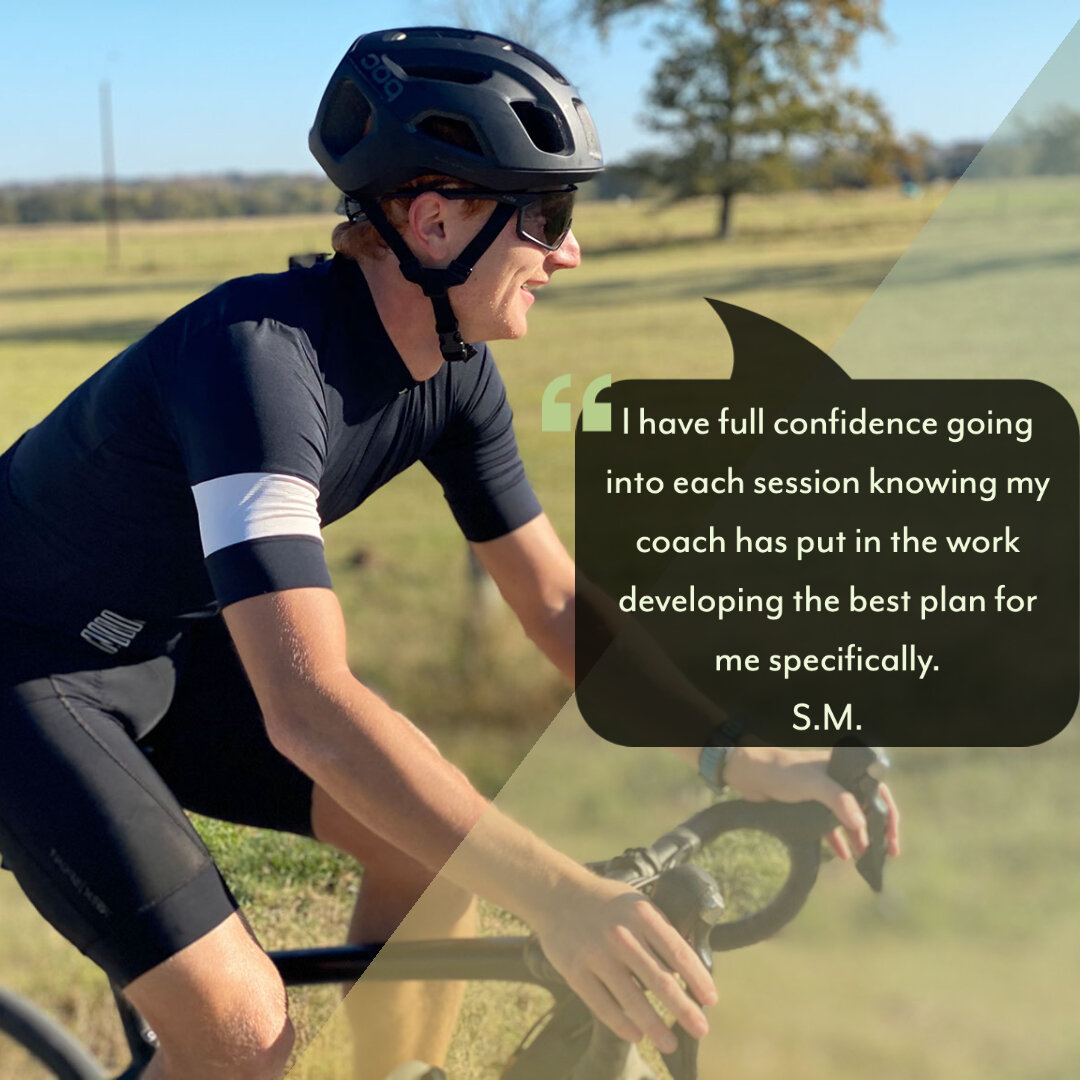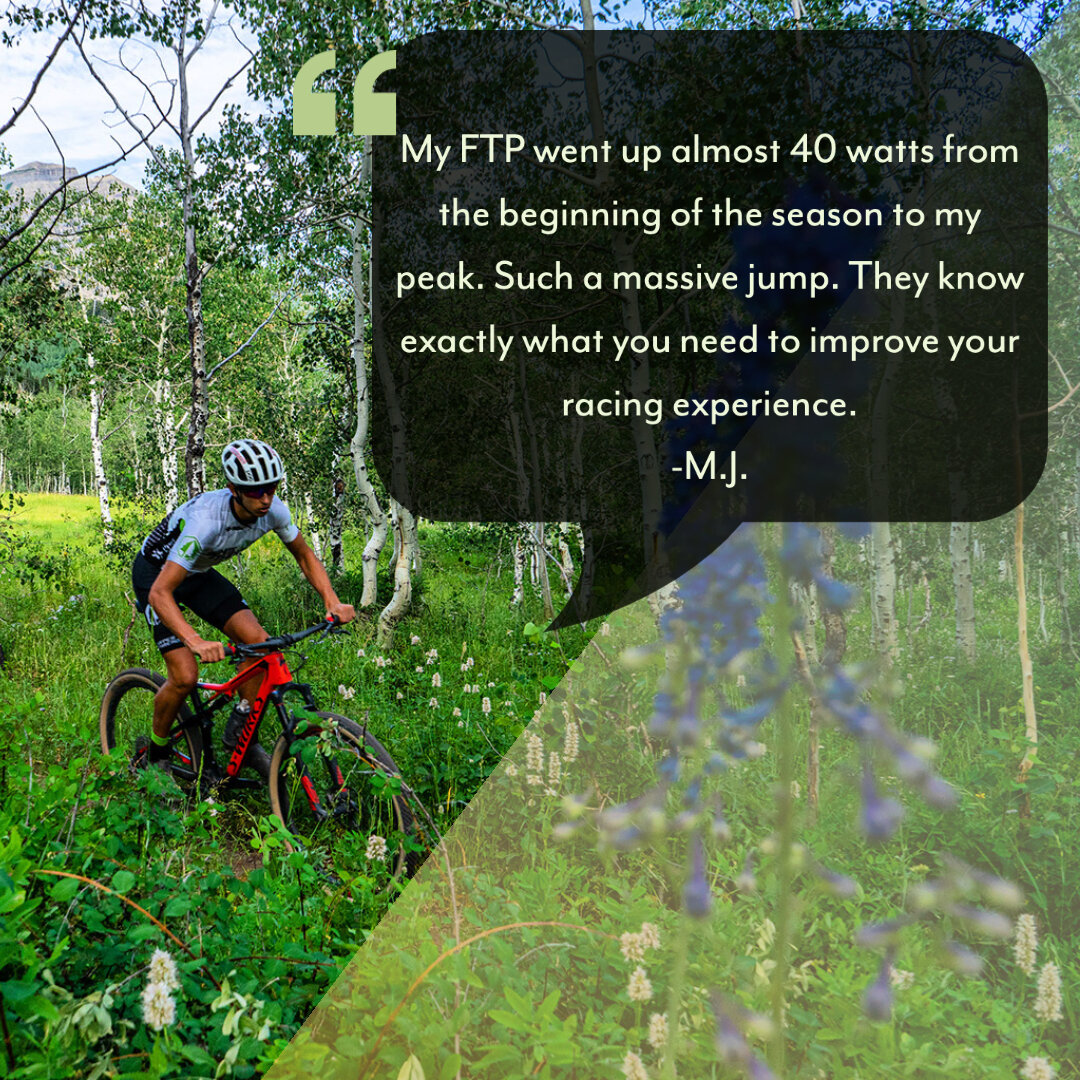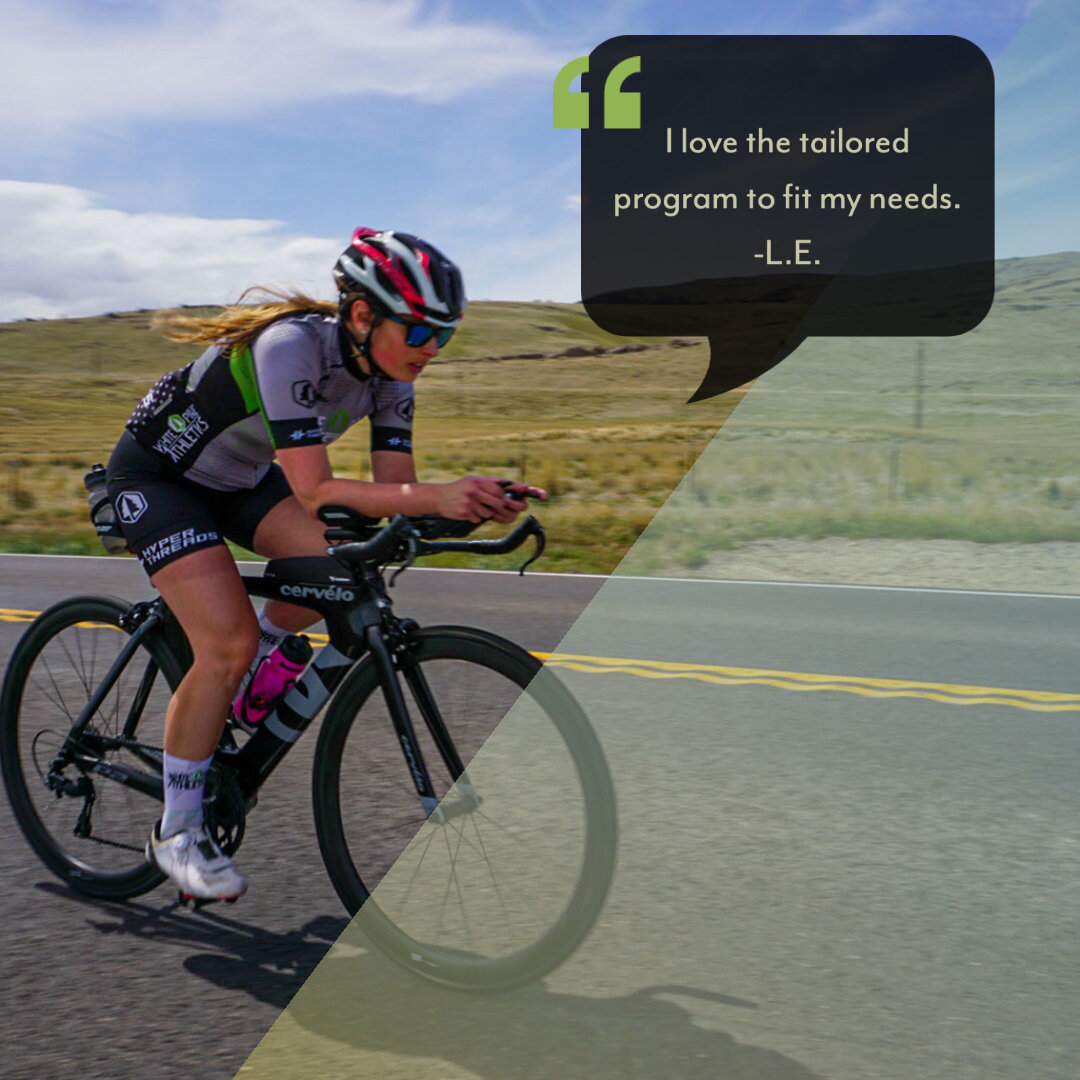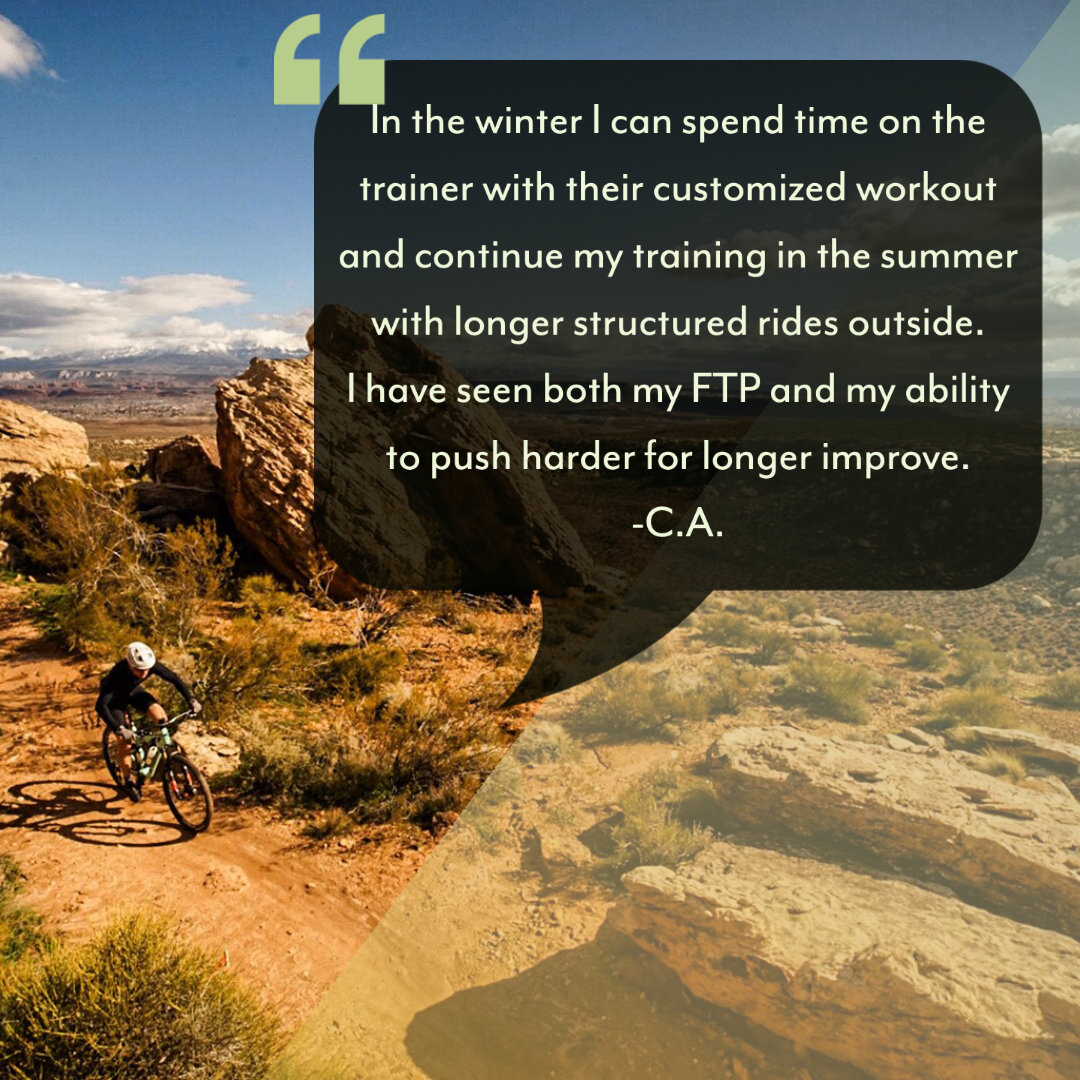As the world of sports and athletic performance continues to evolve, one essential aspect often overlooked is the distinction between training methodologies for junior athletes and their adult counterparts. The transition from adolescence to adulthood is a pivotal period in an athlete's life, marked by unique physiological, psychological, and developmental changes. These distinctions are crucial to acknowledge, comprehend, and integrate into training programs tailored explicitly for junior athletes.
Understanding Physiological Variances
The physiological makeup of a junior athlete differs significantly from that of an adult. Adolescents experience ongoing growth spurts, skeletal development, hormonal fluctuations, and neurological maturation. These factors demand a nuanced approach to training that accommodates these physiological variances.
1. Growth and Development: Juniors are amidst a phase where their bodies are continually developing. Bone growth plates are not yet fused, making them more susceptible to injuries related to overtraining or improper technique. As such, training intensity, volume, and load must be carefully managed to avoid potential long-term consequences.
2. Hormonal Changes: Hormonal fluctuations, particularly during puberty, influence physical and emotional responses. Understanding these fluctuations helps tailor training programs to optimize performance while considering mood swings, energy levels, and recovery abilities.
3. Neurological Development: The adolescent brain is still developing, affecting coordination, balance, and motor skills. Specific exercises targeting neurological adaptations are crucial for enhancing skill acquisition and minimizing injury risk.
Training Focus for Junior Athletes
Training strategies for junior athletes must prioritize their developmental needs, striking a balance between building a strong foundation and preventing burnout or injury.
1. Emphasis on Technique: Mastery of proper technique is paramount during adolescence. Focusing on skill acquisition rather than solely on performance metrics ensures a solid foundation for future progress and minimizes injury risks associated with poor form.
2. Periodization and Rest: Introducing periodization models that include adequate rest and recovery periods is fundamental. Overtraining can lead to physical and mental fatigue, hinder growth, and increase injury susceptibility. Sufficient sleep, nutrition, and rest are essential components of a junior athlete's regimen.
3. Holistic Approach: Junior athletes often benefit from a holistic approach that encompasses not only physical but also mental and emotional development. Incorporating activities that promote mental resilience, teamwork, and stress management is key to fostering a well-rounded athlete.
The Role of Specialized Coaching Programs
Recognizing these distinctions between junior and adult athletes is crucial, and it underscores the importance of specialized coaching programs designed explicitly for junior athletes. A tailored coaching program that integrates scientific knowledge with practical experience is invaluable in optimizing the potential of young athletes.
Our coaching program is dedicated to addressing the unique needs of junior athletes. Through a blend of scientific understanding and practical application, our coaches create personalized training plans that consider the physiological, psychological, and developmental aspects of our young athletes. With a focus on injury prevention, skill development, and fostering a passion for the sport, our coaching program aims to nurture budding talents while ensuring their long-term well-being.
Tying It All Together
Understanding the physiological differences between junior athletes and adults is pivotal in designing effective training programs that cater to their specific needs. By acknowledging these distinctions and integrating them into coaching methodologies, we can help junior athletes not only achieve peak performance but also lay the groundwork for a successful, sustainable athletic career.
At our coaching program, we prioritize these differences and tailor our approach to suit the unique requirements of junior athletes. We invite young cyclists to join us on this journey of growth, development, and athletic excellence.
Remember, training isn't just about winning today; it's about building a strong, resilient athlete for tomorrow.
For more information about our coaching program and how we can support your journey as a junior athlete, feel free to contact us. Let's unlock your potential together!





